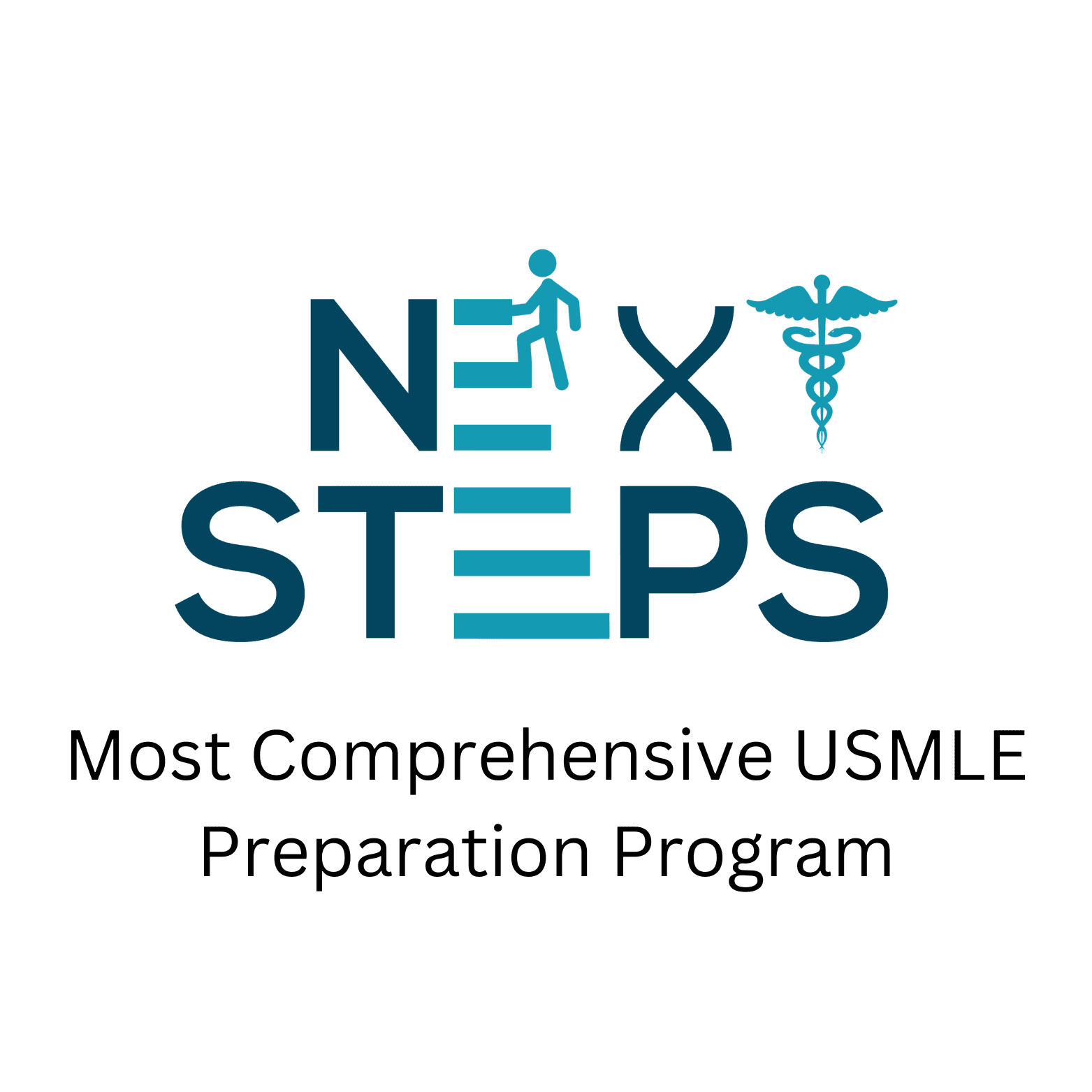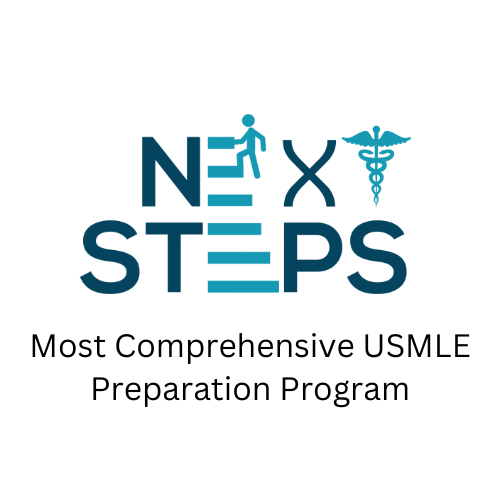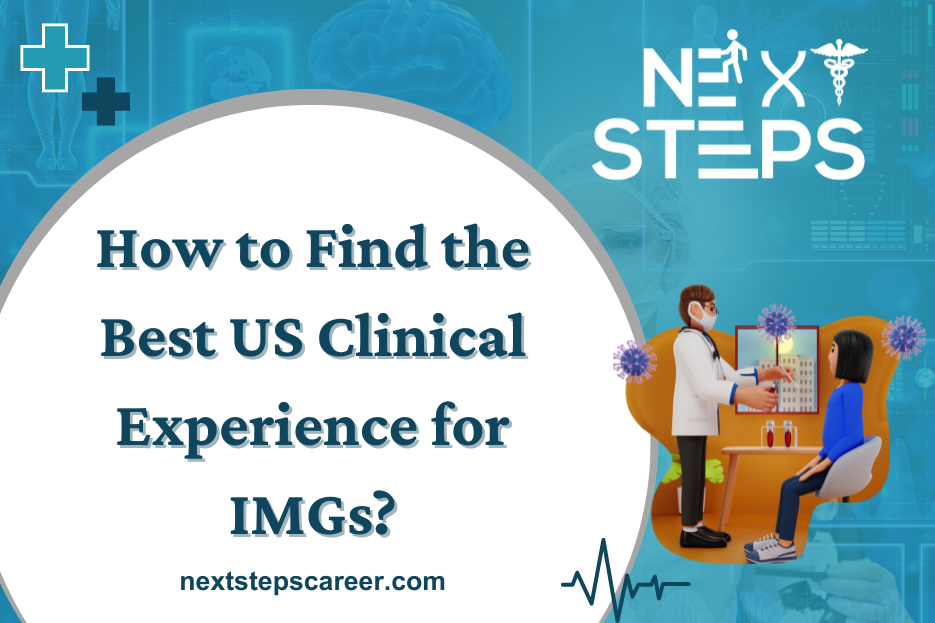Securing a US clinical experience (USCE) is a crucial step for International Medical Graduates (IMGs) aspiring to match into US residency programs. USCE provides valuable exposure to the American healthcare system, enhances clinical skills, and strengthens residency applications. However, finding the best US clinical experience can be challenging. This blog will guide you through the process and offer tips to ensure you select the most beneficial opportunity.
Why US Clinical Experience is Important for IMGs
-
- Understanding the US Healthcare System: USCE helps IMGs become familiar with the intricacies of the US healthcare system, including electronic health records (EHR), patient care protocols, and interdisciplinary teamwork.
- Clinical Skills Enhancement: Hands-on experience in a US medical setting hones your clinical skills and knowledge, preparing you for residency.
- Networking Opportunities: Building professional relationships with US physicians can lead to valuable mentorship and strong letters of recommendation.
- Residency Application Strength: USCE is often a requirement for residency programs, demonstrating your commitment and readiness for training in the US.
Types of US Clinical Experience
-
- Clinical Electives: Typically for medical students in their final years, these are short-term placements in various specialties.
- Observerships: For graduates, these involve shadowing US physicians without direct patient interaction but still provide valuable insights.
- Externships: These offer hands-on experience similar to electives but are usually for graduates.
- Research Positions: While not directly patient-related, research roles in US institutions can enhance your application and offer exposure to clinical practices.
Steps to Find the Best US Clinical Experience
-
- Identify Your Goals and Interests
Determine what you hope to achieve from your USCE. Whether it’s gaining experience in a specific specialty, enhancing certain clinical skills, or securing strong letters of recommendation, having clear goals will guide your search. - Research Accredited Institutions
Look for reputable teaching hospitals and medical schools that offer structured USCE programs. Institutions with strong residency programs often provide high-quality clinical experiences. - Leverage Professional Networks
Connect with alumni, colleagues, and mentors who have completed USCE. Their insights and recommendations can lead you to valuable opportunities. - Utilize Online Resources
Several online platforms and organizations specialize in helping IMGs find USCE opportunities. Websites like Clinical Electives, AMOpportunities, and FindARotation offer comprehensive listings and application support. - Check Eligibility Requirements
Ensure you meet the eligibility criteria for the programs you’re interested in. Requirements can vary based on your level of training, visa status, and language proficiency. - Prepare Your Application Materials
Gather essential documents such as your CV, personal statement, medical school transcripts, and letters of recommendation. Tailor your application to highlight your strengths and goals. - Apply Early
USCE opportunities can be competitive, so apply well in advance. Some programs have limited slots and fill up quickly. - Seek Feedback and Support
Before submitting your application, seek feedback from mentors or colleagues. They can provide valuable insights to enhance your materials. - Be Ready for Interviews
Some programs may require interviews as part of the selection process. Prepare to discuss your clinical experiences, career goals, and reasons for choosing their program. - Consider Location and Logistics
Think about the location of the clinical experience, cost of living, and accommodation options. Ensure you can manage the logistics comfortably.
- Identify Your Goals and Interests
Tips for a Successful US Clinical Experience
-
- Engage Actively: Show enthusiasm and take initiative in your learning. Engage with patients, ask questions, and participate in discussions.
- Build Professional Relationships: Network with attending physicians, residents, and peers. These connections can lead to mentorship and strong letters of recommendation.
- Seek Feedback: Regularly ask for feedback on your performance and areas for improvement.
- Document Your Experience: Keep a journal of your clinical experiences, cases, and reflections. This can be invaluable when writing personal statements and preparing for residency interviews.
- Be Professional: Maintain a professional demeanor, adhere to dress codes, and respect patient confidentiality.
Conclusion
Finding the best US clinical experience requires thorough research, clear goal-setting, and proactive networking. By following these steps and tips, IMGs can secure valuable clinical opportunities that enhance their skills, strengthen their residency applications, and pave the way for a successful medical career in the US. Good luck on your journey!





